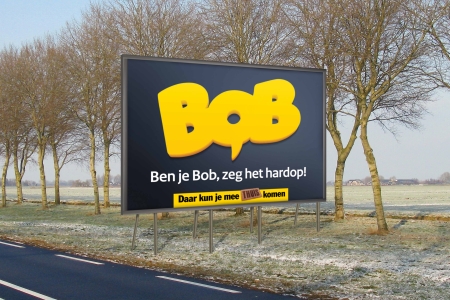It is unknown whether the MONO campaign is effective in preventing road crashes. However, according to measurements, the share of drivers using devices while driving has decreased significantly since the introduction of the campaign (9% in 2020 compared to 15% in 2018) [59]. It is unclear whether this is a direct result of the campaign; during the same period, for example, many more fines were also issued for handheld telephone use [60], which may explain the decrease. Evaluations that examined awareness of the campaign or, for example, awareness of the existence of apps that facilitate MONO driving, conclude that the campaign had a positive impact, especially among cyclists, on the sense of responsibility and willingness to take precautions not to be disturbed by phone in traffic [61]. Attitudes about distraction in traffic did not generally appear to change as a result of the campaign. Possibly because people already had positive attitudes about not being distracted in traffic even before the campaign [61] [62].
On 13 September 2018, the Ministry of Infrastructure and Water Management, together with ANWB, Flitsmeister, Veilig Verkeer Nederland, Fietsersbond, TeamAlert, Nederland ICT and several provinces, among others, launched a large-scale attention-on-the-road campaign called MONO: no distractions while on the move. The aim of the MONO campaign is to reduce social media use by cyclists and drivers while riding or driving. The campaign targets both road users themselves and their social environment with the aim of preventing messages from coming in while riding or driving, either by the road users themselves muting their social media or by friends and family not sending messages if they know someone is on a bike or in the car. Besides addressing drivers and cyclists themselves, the campaign also targets employers. The MONO campaign is ongoing.
